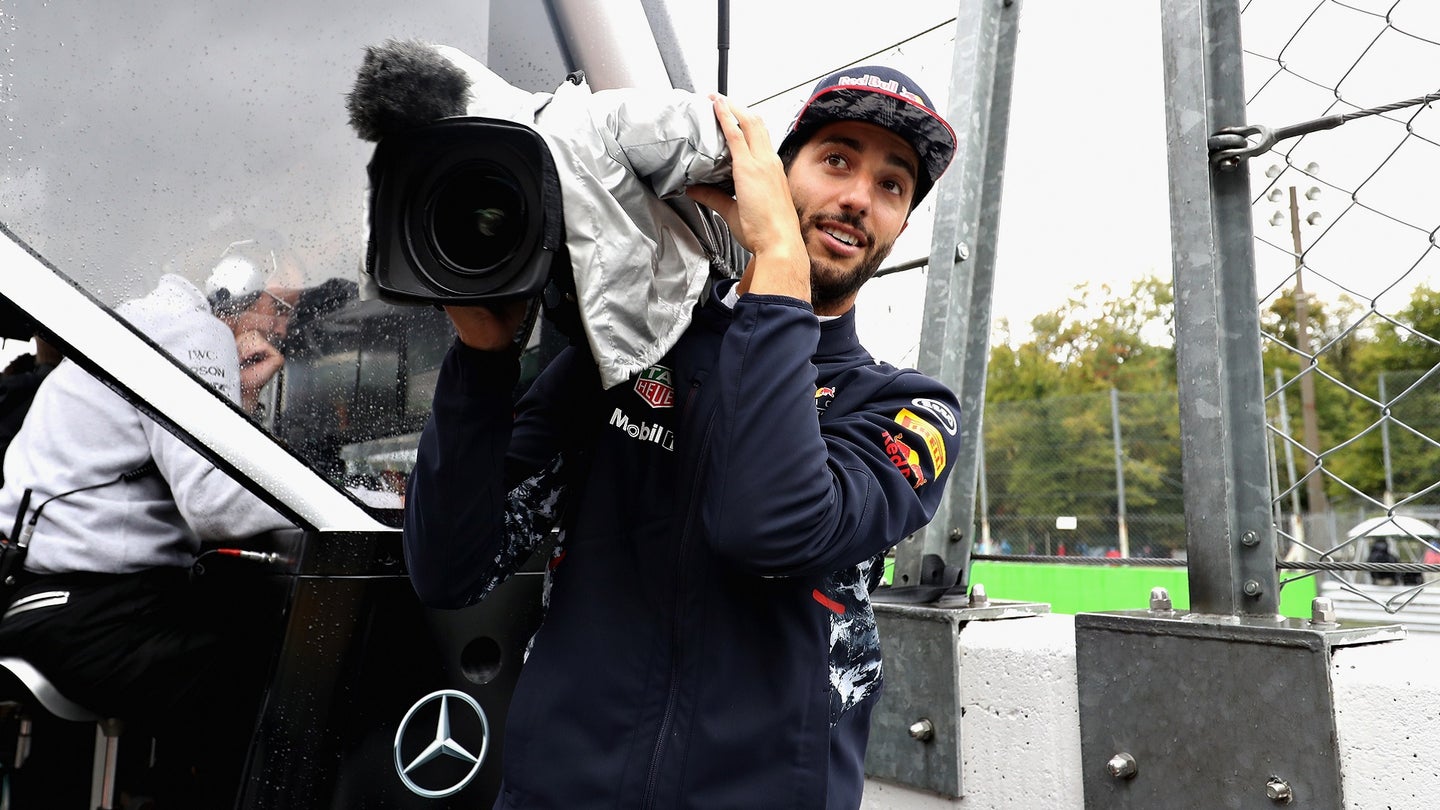Formula 1 Owner Liberty Media Reports Healthy TV and Digital Growth in 2018
The US, Brazil, and China ranked as the most popular TV markets for F1 despite lacking a native racer on the grid.

Liberty Media, the current owner of the Formula 1 World Championship and its commercial assets, released a report on Tuesday claiming a "significant growth" in the TV and digital sectors during the 2018 racing season.
Formula 1, just like the majority of the world's established racing series, has struggled in recent years to remain relevant amid media changes and attract a younger audience. But according to data gathered by IPSOS, F1 has amassed 18.5 million fans through social media and YouTube, highlighting a 53 percent rise year over year. Out of all the fans attracted to the series' digital platforms over the last two years of Liberty's ownership, 61 percent of them are said to be under the age of 35 years old, and 36 percent under 25. The latter claims that F1's new E-Sports series played an important role in capturing the younger fans.
When it comes to the series' most traditional form of media, TV, there's been an increase in popularity as well as viewers in different parts of the world. According to the report, the biggest increase in audience size took place in Russia, France, and India, even though none of those countries have a native racer in the series. Similarly, the United States, Brazil, and China ranked as the most popular TV markets for F1 in 2018, again, even though there isn't a driver representing said countries on the grid.
Formula 1's TV cumulative audience was made up of 1.59 billion viewers in 2018, with the sport's 20 biggest TV markets relegated to just three countries: Brazil, Germany, and Italy. No surprises there.
Despite this somewhat positive report being released, it goes without saying that Liberty Media, which is in its third year of ownership, has failed to bring substantial sponsorship to Formula 1 or the high-caliber corporate backers that it discussed at the beginning of its reign. While the series has certainly endured many changes, most of them positive, it's also rolled out some lackluster and controversial products like F1 TV and the introduction of Grid Kids.
The 2019 Formula 1 season starts in March with the Australian Grand Prix at Albert Park in Melbourne.
